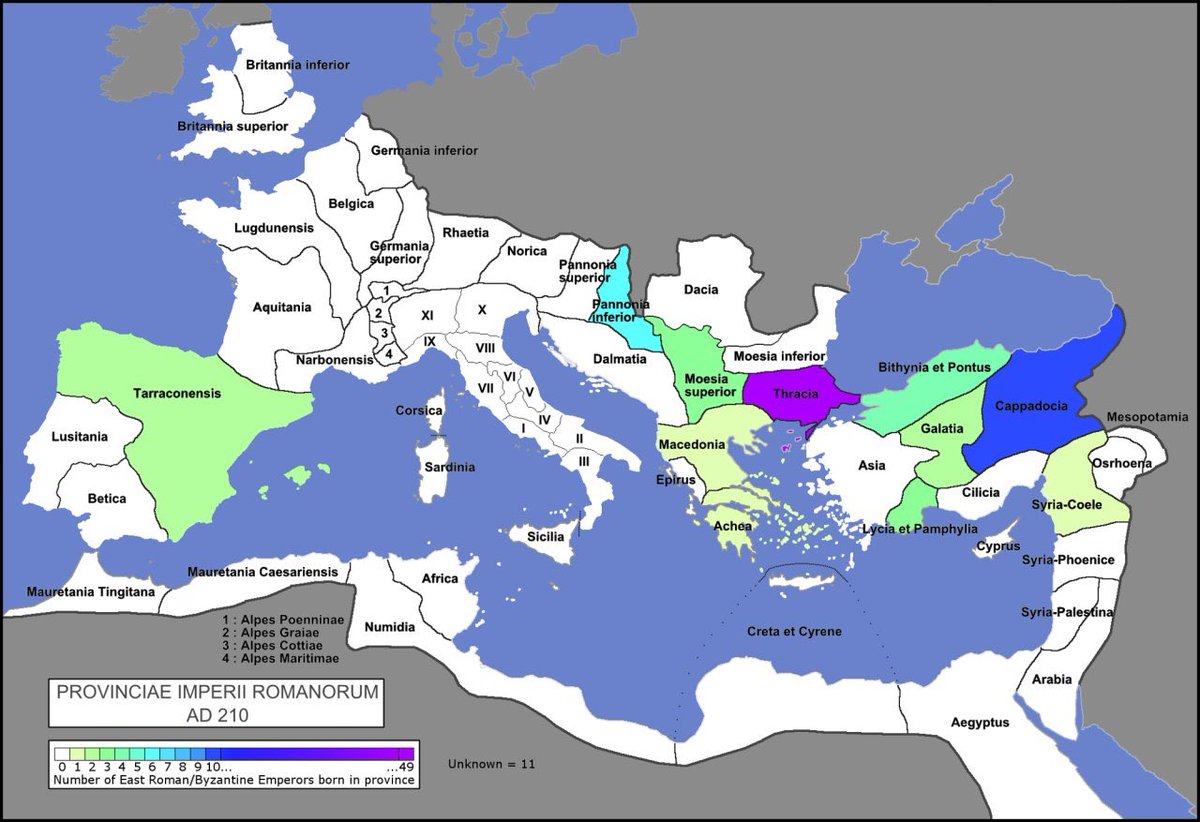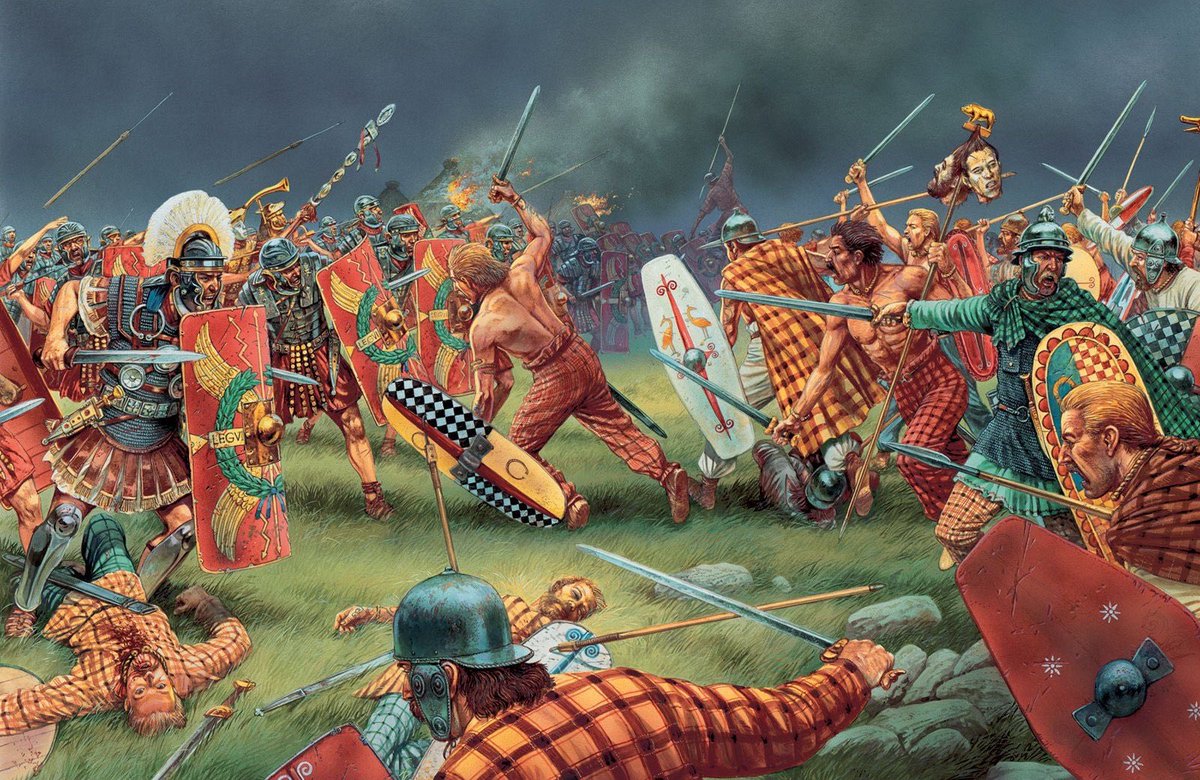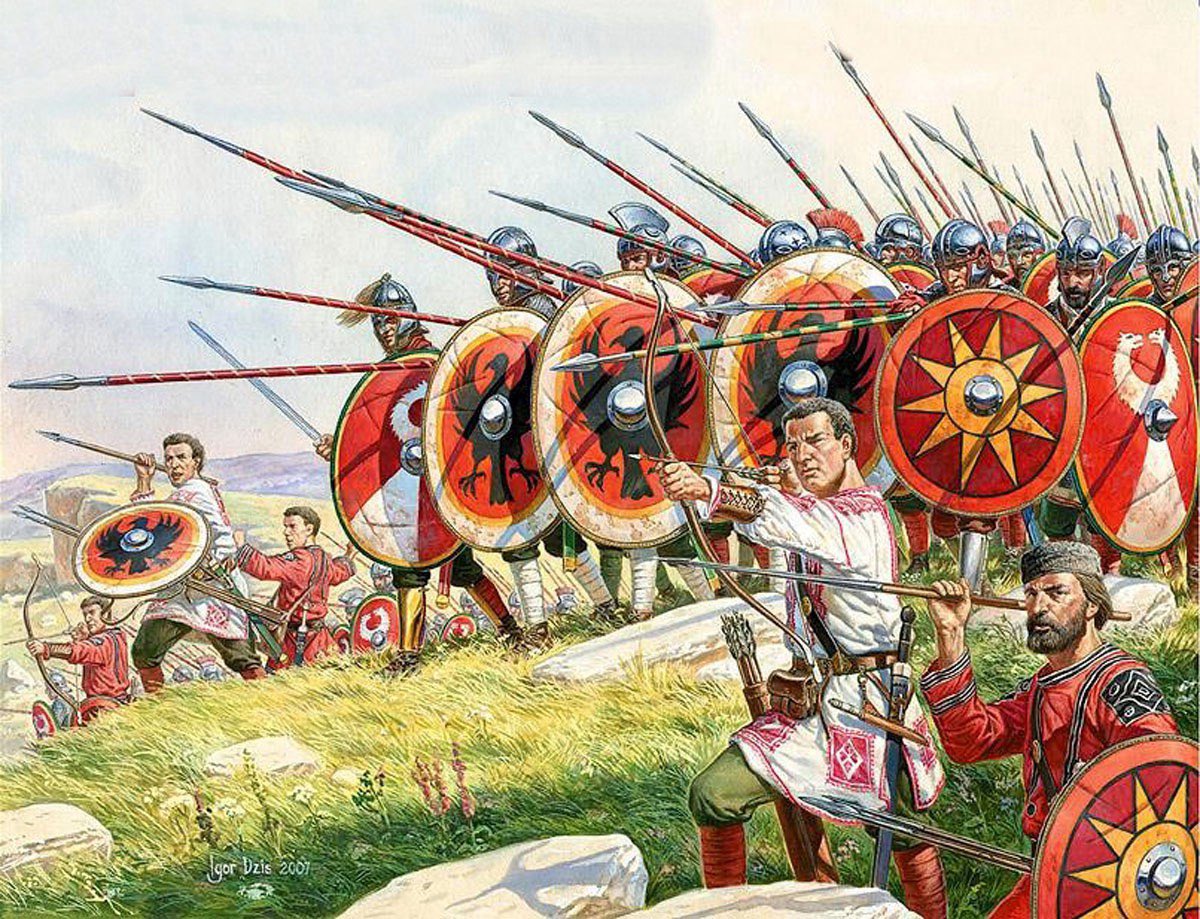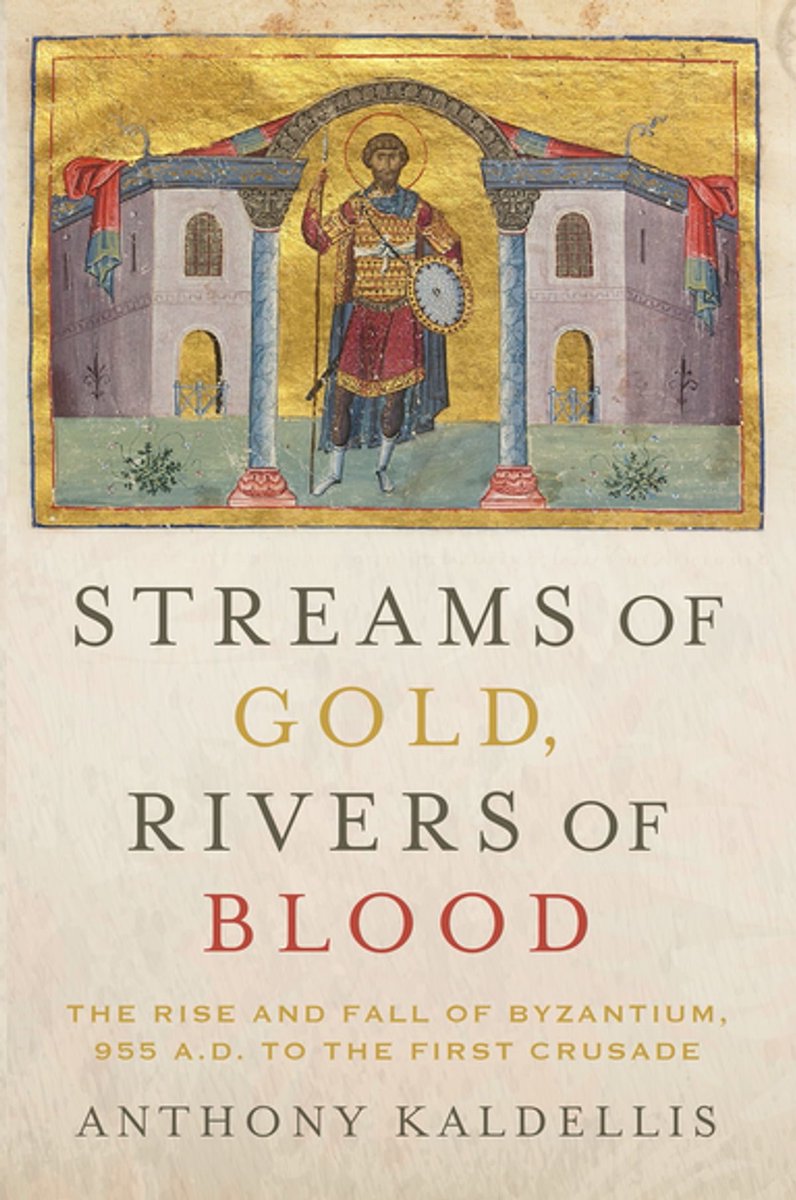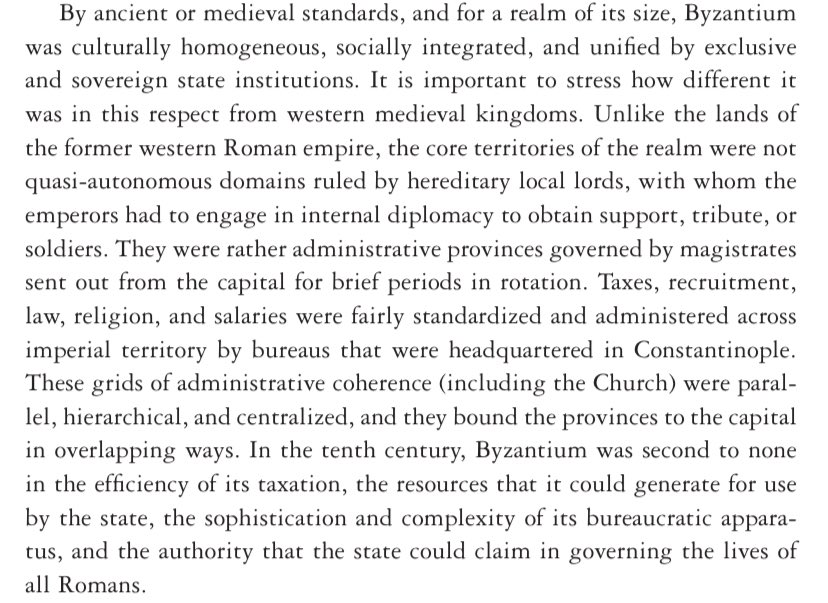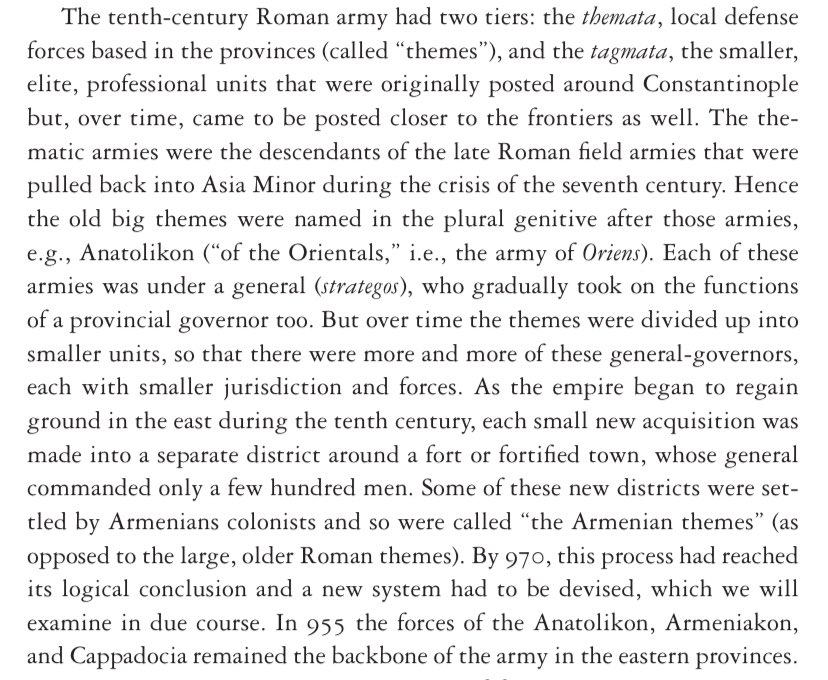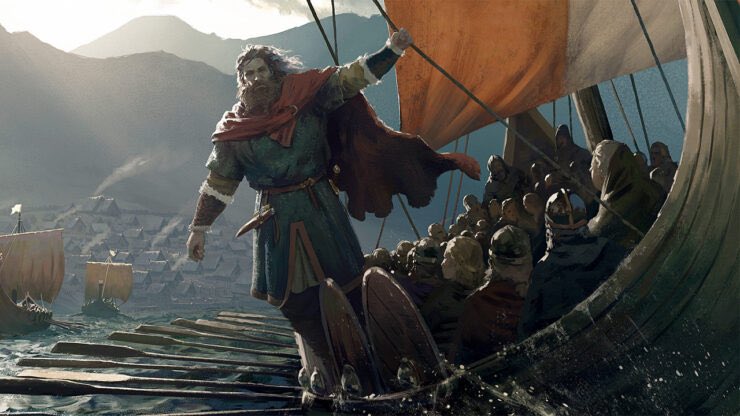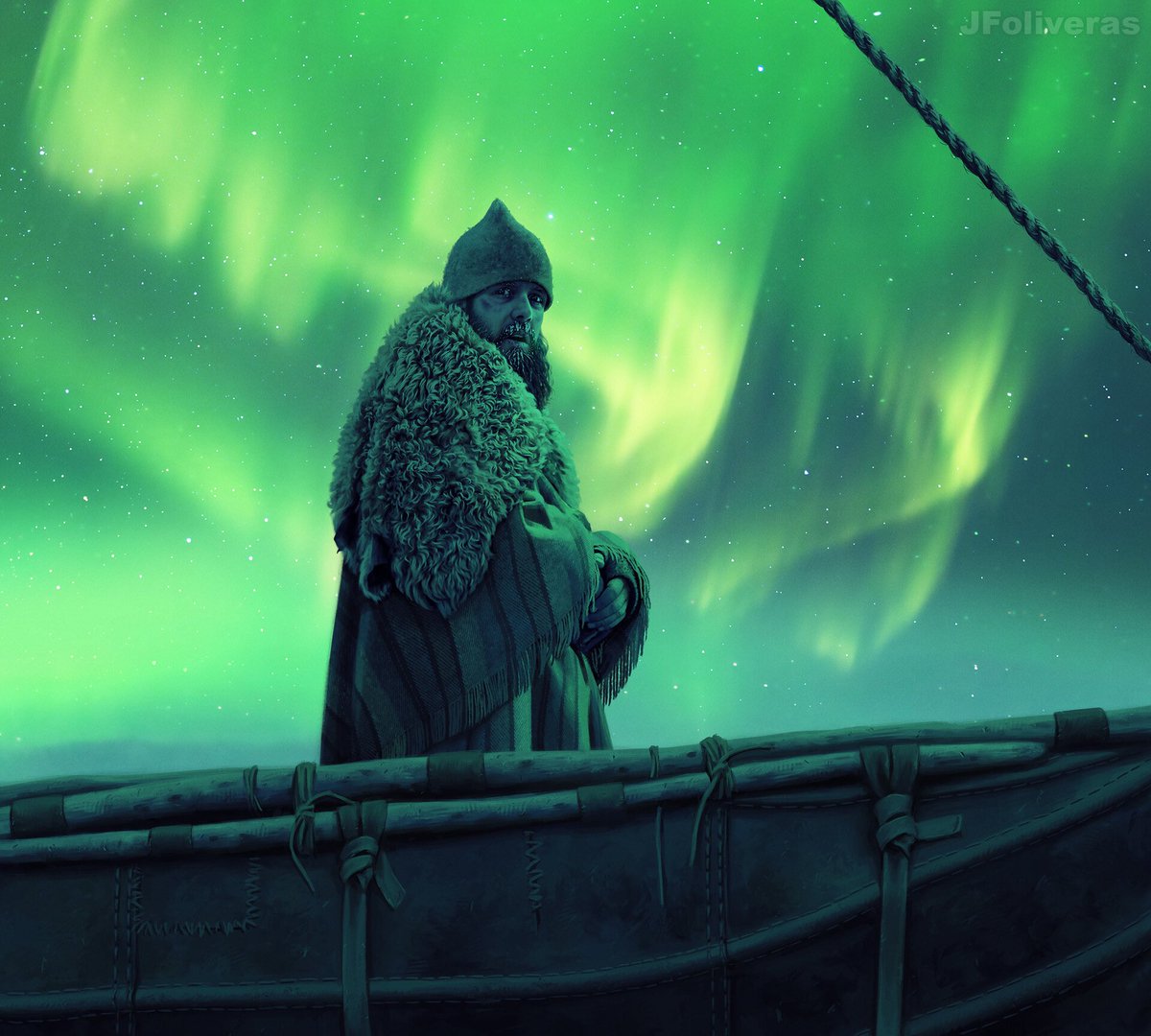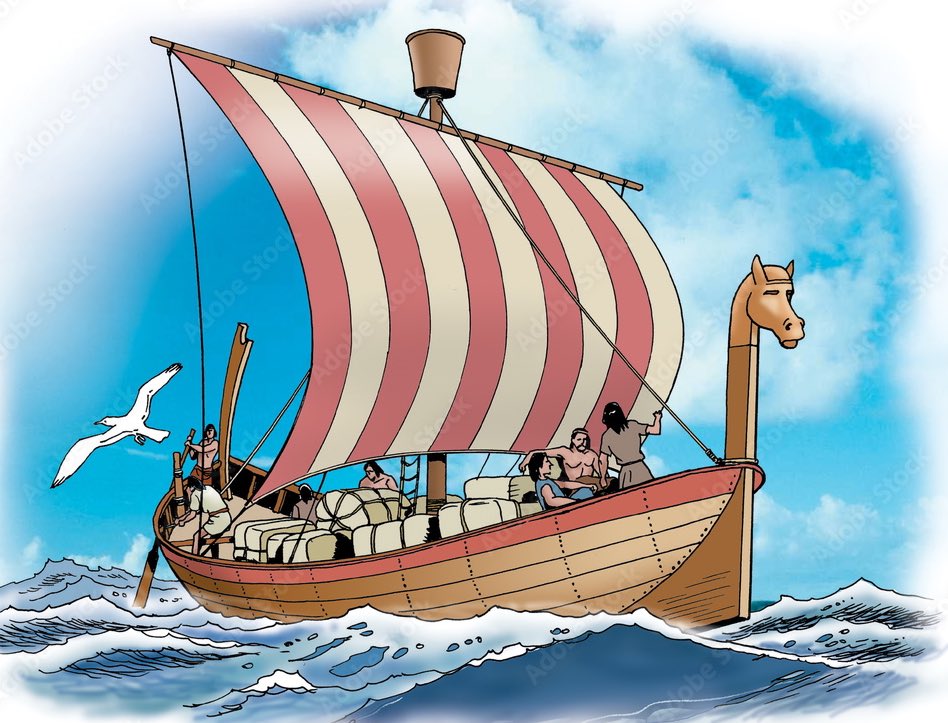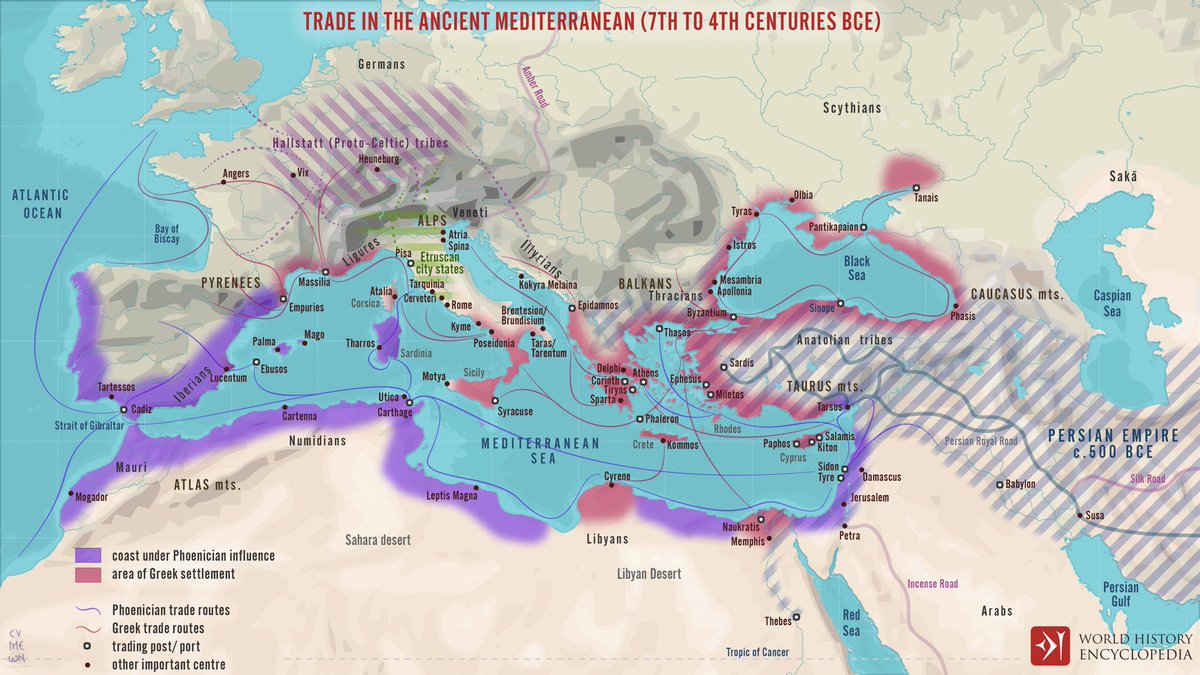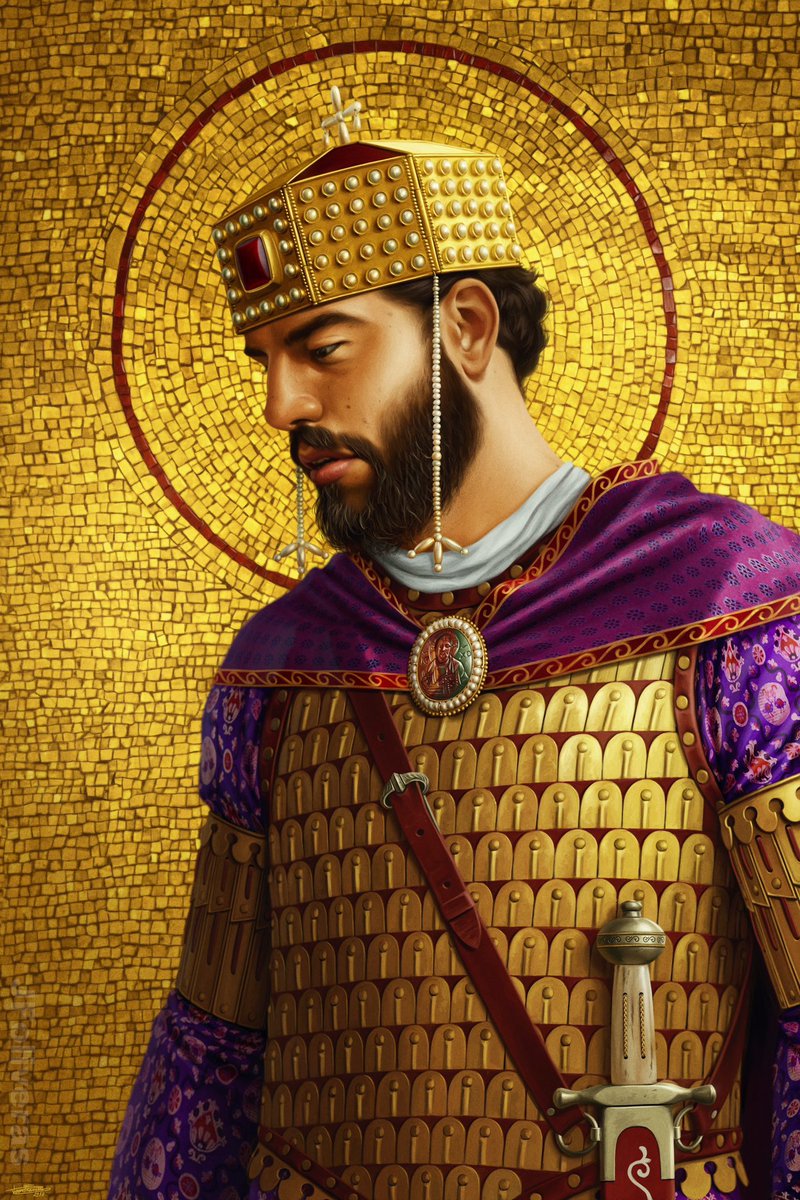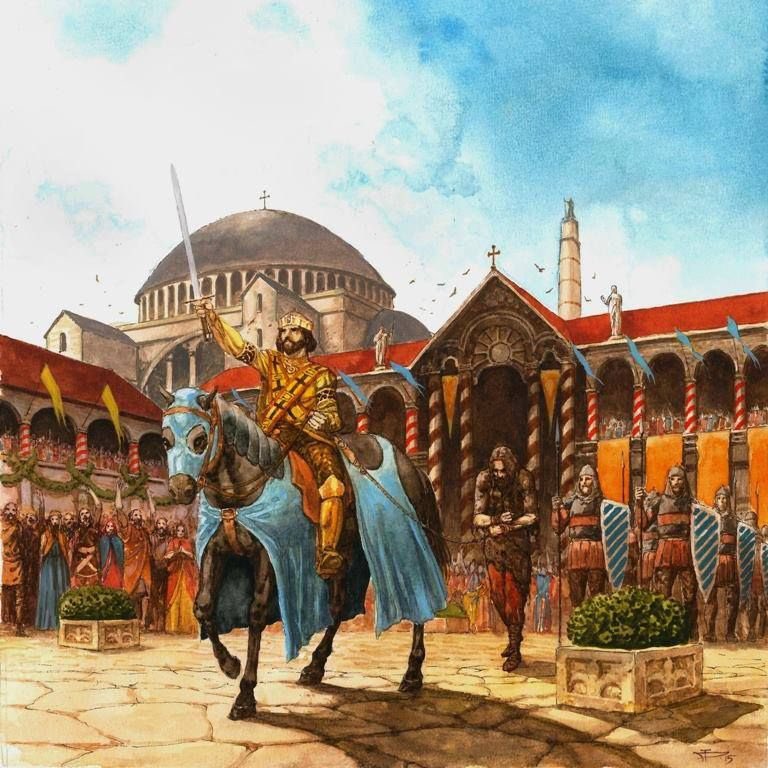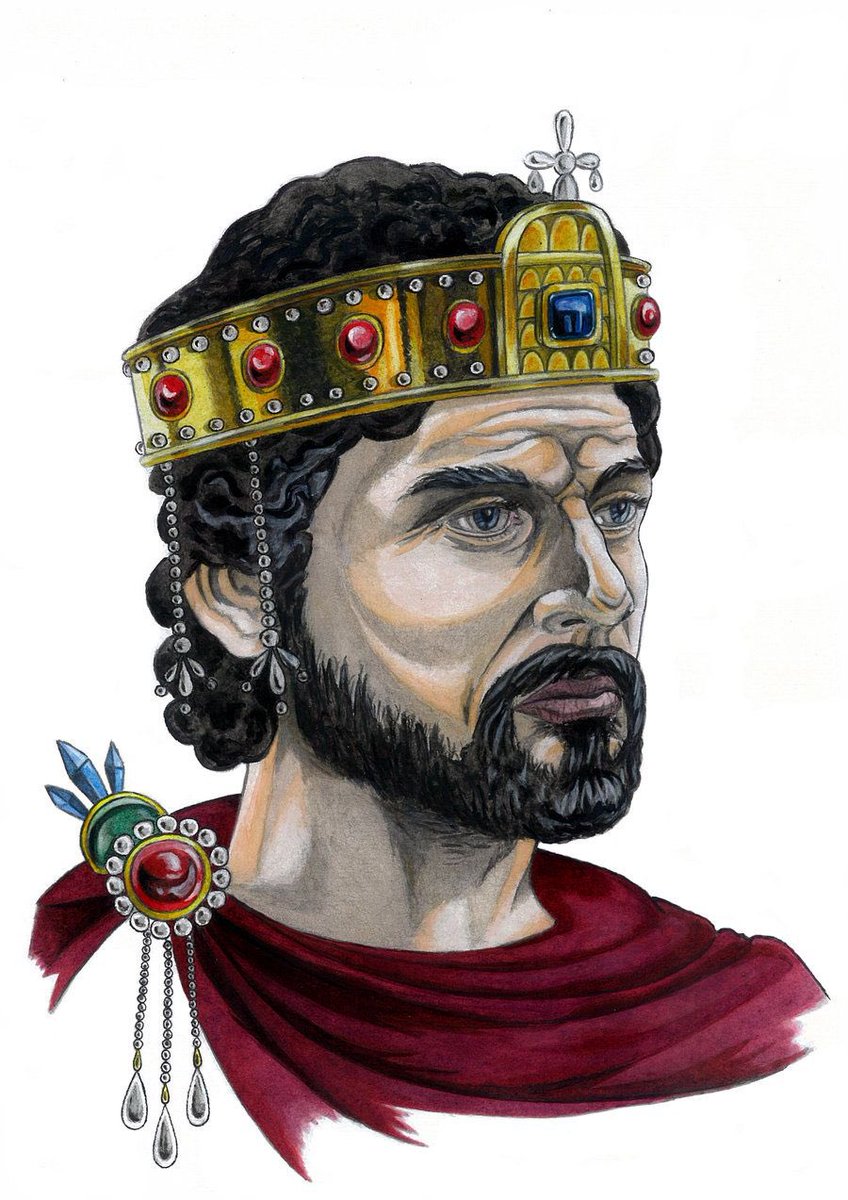
The idea that the Christianization of Scandinavia was wholly from German & Anglo-Saxon missionaries is a lie from Adam of Bremen to bolster the standing of his see over the Norse churches. Thankfully, scholars are now discussing the influences from the East; the Rus & Byzantium. 
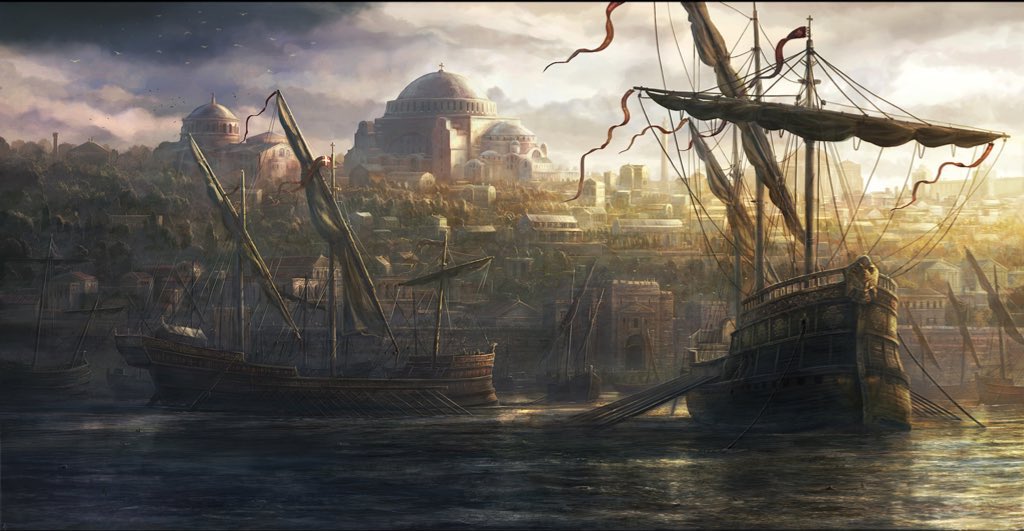
Such influences from the Christian East permeated the entire Norse world, in tandem with the lucrative trade with Constantinople’s markets & the coveted positions in the Varangian Guard that bonded the Norse world to that of Byzantium.
https://twitter.com/Varangian_Tagma/status/1602679314704736256
Check out this article to read more on the subject. ⬇️ academia.edu/10953761/Darkn…
• • •
Missing some Tweet in this thread? You can try to
force a refresh


